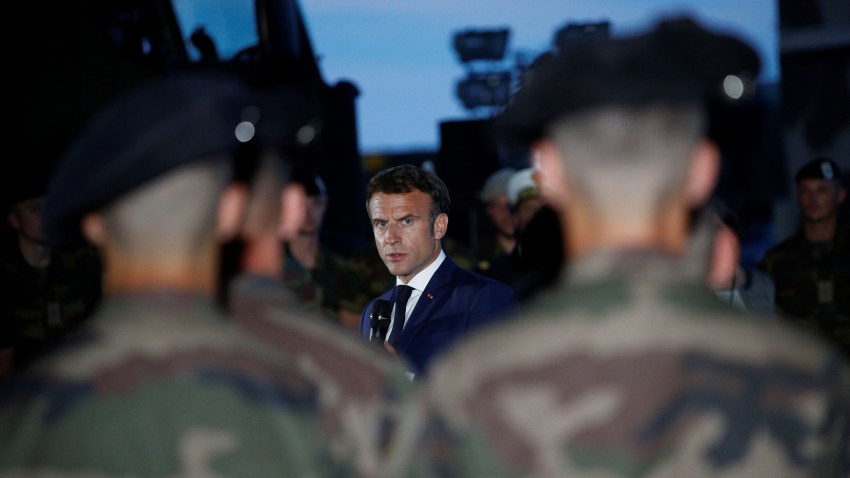During every period of turmoil that has transformed the European Union, moments of opportunity can emerge for ambitious leaders hoping to shape Europe’s future. As Europeans come to terms with the long-term consequences of Russia’s all-out invasion of Ukraine and growing isolationist sentiment in the U.S., the belated scramble to rebuild Europe’s defense capacity has understandably overshadowed discussions about the EU’s wider strategic ambitions. Yet the great power potential of a more militarily self-reliant EU has begun to affect internal policies and debates in Brussels that will influence European politics over the coming decades.
Though support for Ukraine’s war of survival already had already coalesced in the weeks after the initial Russian assault in February 2022, continued hope for a military or diplomatic breakthrough that could avoid further escalation slowed EU initiatives to encourage European military self-reliance. Only after Ukraine’s counteroffensive in the summer of 2023 fizzled out did Europe begin to surge the defense industrial production needed to sustain Ukraine’s army and rebuild the military capacity of EU states.
This shattering of hopes for a quick end to conflict with Russia unfolded at the same time as confidence in the reliability of the U.S. as an ally began to wane. The speed with which the administration of President Joe Biden threw its full support behind Ukraine’s war effort in February 2022 fueled hopes that the isolationist posturing of his predecessor, former President Donald Trump, would remain a fleeting episode. Now, however, Trump is certain to become the Republican presidential nominee later this year, and U.S. aid for Ukraine has been blocked for months by his loyalist Republican legislators in Congress. As a result, the dawning realization that Europeans can no longer depend on Washington’s help has led to more concerted emphasis on strategic self-reliance even in EU states that have traditionally been deeply pro-Washington.

